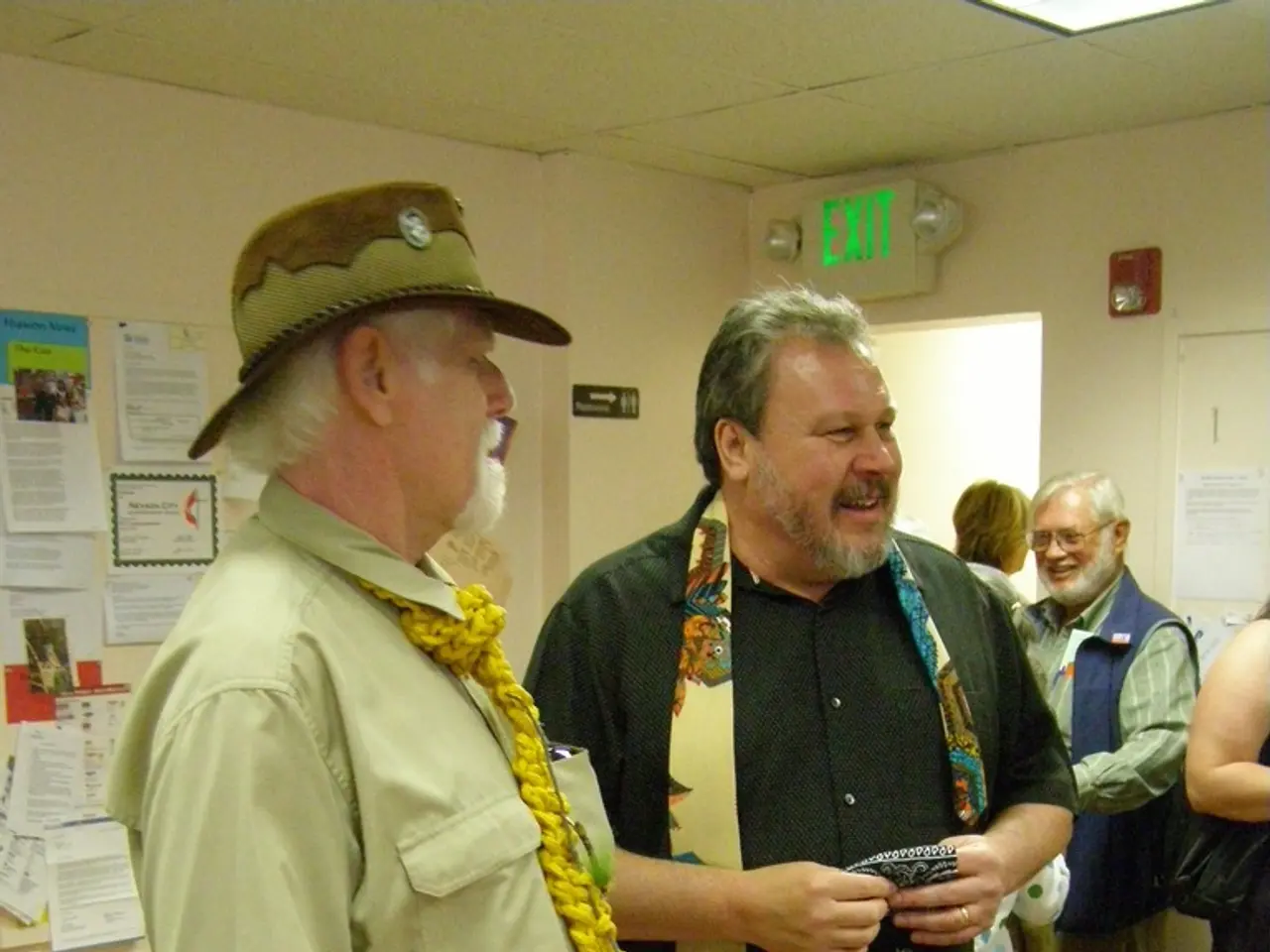Elements key to a triumphant Elder Abuse Prosecution
In the realm of retirement homes and elder care, it's essential to ensure that the services provided match the promises made in marketing campaigns. Regrettably, some facilities fail to live up to their claims, leading to instances of elder abuse that can take various forms.
Elder abuse can be physical, involving the use of force causing injury or pain, or neglectful, resulting from the failure to provide adequate care, leading to malnourishment or poor hygiene. Emotional abuse, sexual abuse, financial abuse, self-neglect, and abandonment are other recognized types.
To build a strong case for elder abuse, it's crucial to establish the type of abuse, gather admissible evidence, and calculate total damages.
Establishing the Type of Abuse
Elder abuse in nursing or retirement homes can be categorized into seven common types: physical abuse, neglect, emotional abuse, sexual abuse, financial abuse, self-neglect, and abandonment.
Admissible Evidence
Critical evidence can include medical records documenting injuries, malnourishment, or infections like bedsores that suggest neglect. Photographs of physical injuries, testimonies from victims (if able), witnesses, staff, or family members, surveillance footage or facility incident reports, financial records in cases of exploitation, and expert forensic and medical opinions linking injuries to abuse or neglect are all valuable pieces of evidence.
Since elder abuse symptoms can overlap with natural aging, expert testimony is often essential to distinguish abuse-related harm.
Total Damages
Damages may include medical expenses (past and future), pain and suffering, emotional distress, loss of enjoyment of life, the amount of money or property lost in cases of financial abuse, and wrongful death damages if abuse causes death. A comprehensive calculation of damages strengthens the claim and is supported by medical and financial documentation.
For those seeking legal recourse, there are attorneys in Georgia, specifically in Atlanta, who specialize in nursing home neglect and elder abuse cases. To find an attorney, look for nursing home neglect or elder abuse attorneys with experience in Georgia state law, ensure they have experience litigating in Atlanta courts, verify they handle cases involving the types of abuse discussed above, and consider consulting local or state bar association directories or elder law organizations in Georgia for referrals.
A local legal professional, such as a Georgia nursing home neglect attorney, can provide an estimate of the compensation. Photographs of the facility can add credibility to a family's claims, although this may overlap with existing laws that cover taking videos and photographs within commercial premises.
In the context of elder care, mental health plays a significant role, as neglect, emotional abuse, and self-neglect can lead to various mental health issues in older adults. To address these issues, appropriate therapies and treatments may be required, such as counseling sessions or medication management.
In the pursuit of justice for elder abuse victims, it's essential to investigate specific health-and-wellness concerns related to medical-conditions, including signs of malnutrition, bedsores, or infections, and seek out remedies through science-backed therapies and treatments.




